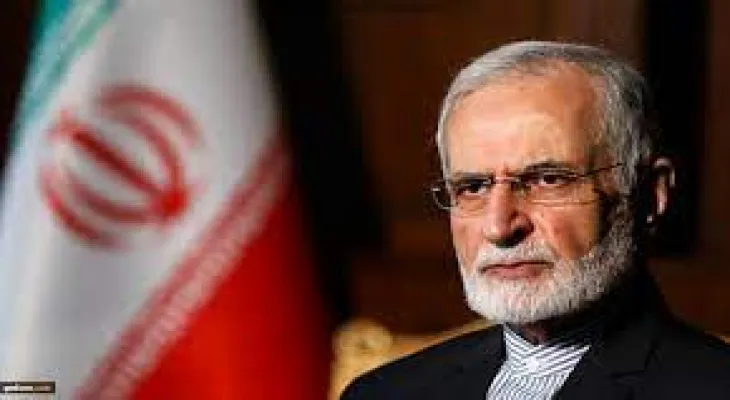Search here
Newspaper
Search here

Arab Canada News
News

Published: July 18, 2022
Former Iranian Foreign Minister Kamal Kharazi confirmed in press statements published on Sunday that his country has the "technical capabilities" to manufacture a nuclear bomb, but he reiterated its official position of no decision in this regard.
Kharazi's statements come at a time when negotiations aimed at reviving the 2015 agreement on Tehran's nuclear program, from which the United States unilaterally withdrew in 2018, are at a standstill. The purpose of the agreement from the Western countries' perspective was to ensure that Tehran would not develop nuclear weapons, knowing that Tehran has always denied seeking this.
The statements come following a regional visit by U.S. President Joe Biden, during which a security declaration was signed with Israel, in which the two countries, enemies of Iran, affirmed their determination to prevent it from possessing nuclear weapons.
Kharazi said, "It is no secret that we have the technical capabilities to manufacture a nuclear bomb (...) but we have no decision on this," in an interview with the Qatari "Al Jazeera" channel, excerpts of which were published on its website.
Kharazi heads the Strategic Council for Foreign Relations, an advisory body linked to the Iranian leadership and the Supreme Leader of the Islamic Republic, Ayatollah Ali Khamenei, who holds the final say in the state's higher policies.
Kharazi, who served as Foreign Minister during the reformist President Mohammad Khatami's term (1997-2005), explained that "in just a few days we raised the uranium enrichment rate from 20 to 60 percent, and it can simply be raised to 90 percent," which is a level of enrichment usable for military purposes.
In 2015, Iran concluded an agreement regarding its nuclear program with six powers (the United States, Britain, France, Germany, Russia, China), which allowed lifting sanctions imposed on it, in exchange for restricting its activities and ensuring their peaceful nature.
However, its effects have effectively become null since former U.S. President Donald Trump decided to withdraw his country from it in 2018, re-imposing harsh sanctions, which pushed Iran to gradually begin withdrawing from most of its basic nuclear commitments.
This included raising uranium enrichment to 60 percent, knowing that the agreement set the ceiling at 3.67 percent.
Iran and the powers party to the agreement began talks to revive it in April 2021 in Vienna, with indirect participation from the United States and facilitation from the European Union.
Despite significant progress in the negotiations, talks were suspended last March with points of disagreement remaining between Tehran and Washington that those involved have yet to bridge.
The two sides held indirect talks in Doha at the end of June, facilitated by the European Union, which ended without reaching an agreement.
Comments